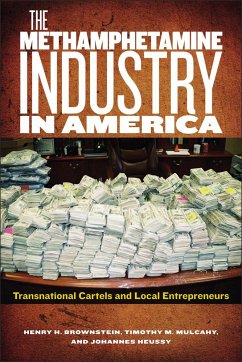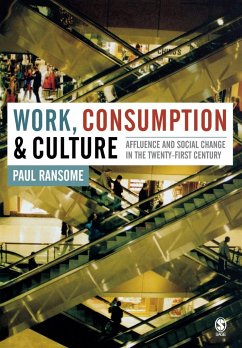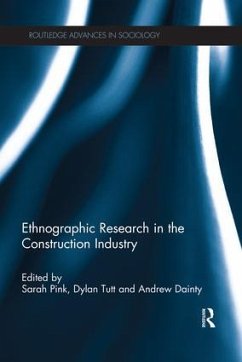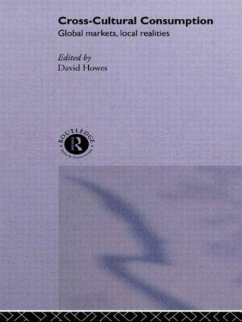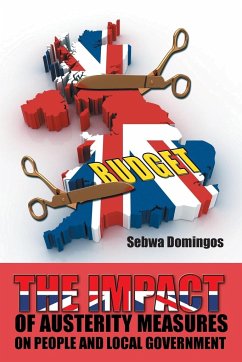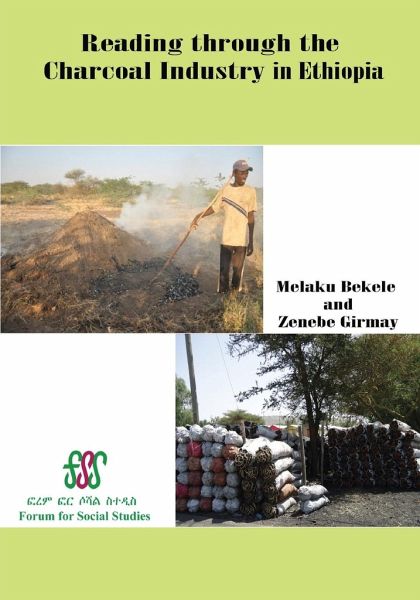
Reading Through the Charcoal Industry in Ethiopia. Production, Marketing, Consumption and Impact
Versandkostenfrei!
Versandfertig in 1-2 Wochen
35,99 €
inkl. MwSt.

PAYBACK Punkte
18 °P sammeln!
Studies in many African countries show that charcoal making is among the primary drivers of deforestation and subsequent land degradation. In the case of Ethiopia, charcoal is produced from state-owned (public) forests and woodlands. There is little regulatory intervention from the government side. Moreover, production is more traditional and the producers have little idea that charcoal can be produced efficiently with modern technologies. Although charcoal meets significant portion of urban households' energy needs in the country, and also support the livelihood of tens of thousands of rural ...
Studies in many African countries show that charcoal making is among the primary drivers of deforestation and subsequent land degradation. In the case of Ethiopia, charcoal is produced from state-owned (public) forests and woodlands. There is little regulatory intervention from the government side. Moreover, production is more traditional and the producers have little idea that charcoal can be produced efficiently with modern technologies. Although charcoal meets significant portion of urban households' energy needs in the country, and also support the livelihood of tens of thousands of rural households, it hardly attracted the attention of policy makers and development agents. A good majority of urban population who use charcoal on regular basis doesn't seem to know how charcoal is made, from where it comes, and its adverse environmental impacts. In cognizant of the potential environmental impact of charcoal production and marketing in the country, FSS commissioned this study with the objective to understand the environmental, social and economic implications of charcoal production, marketing and consumption in Ethiopia with aim to generate/increase awareness among the general public and incite a policy debate among concerned key stakeholders.



